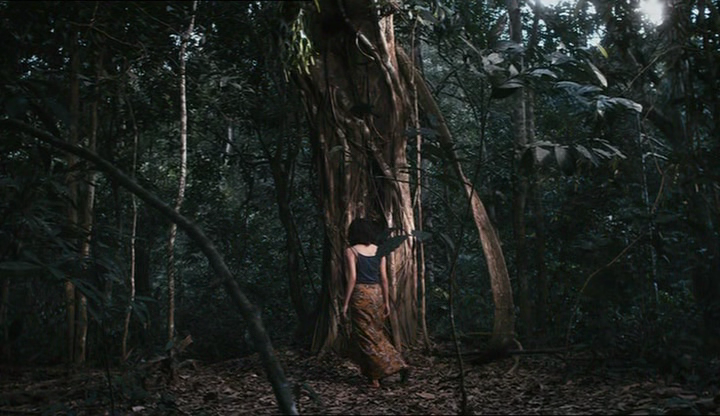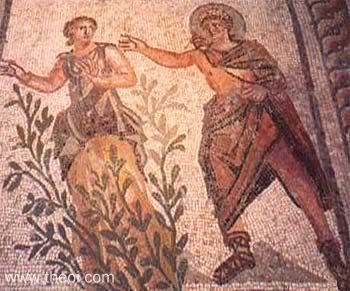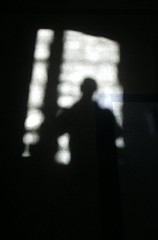zemblan lists
Travellers who crossed Siberia in the eighteenth century noted the remarkable animals they saw - elk "of mounstrous size," fierce aurochs, wild boars, wild horses and asses, flying squirrels in great numbers, foxes, hares, beavers, bears. Of the swans, cranes, pelicans, geese, ducks, bitterns, and other birds, one traveller wrote, "After sundown these manifold armies of winged creatures made such a terrific clamour that we could not even hear our own words." Philipp Johann von Strahlenberg, a Swede captured by Peter the Great's army at the Battle of Poltava, in 1709, and sent with other Swedish prisoners to Siberia, wrote that the region had six species of deer, including the great stag, the roe deer, the musk deer, the fallow deer, and the reindeer. He also mentioned a special kind of bird whose nests were so soft that they were used for socks.
Ian Frazier, "A reporter at large, travels in Siberia", The New Yorker, Aug 3 2009, p.41
About two hundred and nintey years later in Siberia, I saw few or none of these marvels, except in museums, where some of the speciments are facing a second extinction from moths and general disintegration.
I. Frazier, ibid.
Stachelschweine
In Parerga and Paralipomena, published in 1851, Arthur Schopenhauer created a parable about the dilemma faced by porcupines in cold weather. He described a "company of porcupines" who "crowded themselves very close together one cold winter's day so as to profit by one another's warmth and so save themselves from being frozen to death. But soon they felt one another's quills, which induced them to separate again." And so on. The porcupines were "driven backwards and forwards from one trouble to the other," until they found a "mean distance at which they could most tolerably exist."
Schopenhauer's tale was later quoted by Freud in a footnote to his 1921 essay Group Psychology and the Analysis of the Ego, where it was invoked to illustrate what Freud called the "sediment of feelings of aversion and hostility" adhering to any long-lasting human relationship [...]
Freud may have kept the true basis for his fascination with porcupines secret from his followers because exposing it would have meant conceding a familiarity with Schopenhauer, thereby contracting the boundaries of his own originality - and, perhaps, revealing the limitations of the scientific as opposed to philosophical authority of his claims.
George Prochnik, "The Porcupine Illusion",
Cabinet, Issue 26, 2007.
Et in Arcadia Ego, ctnd.

Pseudo-Hyginus, Fabulae 203 (trans. Grant) (Roman mythographer C2nd A.D.) :
"When Apollo was pursuing the virgin Daphne, daughter of the river Peneus, she begged for protection from Terra [Gaia], who received her, and changed her into a laurel tree. Apollo broke a branch from it and placed it on his head."
If Daphne is suffering a transformation so too is the god. We see in the expression of his eyes - how well the painter has capture it!- the desperation and dawning anguish of one about to experience loss, not only of this ravishing girl who is the object of his desire but along with her an essential quality of selfhood, of what up to this he believed was and now knows he will not be again. His sinewed hand that reaches out to grasp his quarry will never find its hold. Already Daphne is becoming leaf and branch; when we look closely we see the patches of bark already appearing through her skin, her slender fingers turning to twigs, her green eyes blossoming.
J. Banville, "Pursuit of Daphne, ca. 1680, Johann Livelb (1633-1697)", in: Athena, p.18
Labels: arcadia, film
americana - amerikaner
A melancholy man subject to depression, he entertained friends and strangers alike with a limitless fund of humorous stories and apt anecdotes. Awkward with women, he experienced many ups and downs [...] A man of generous instincts toward political adversaries who famously called for "malice towards none" in his second inaugural address, he had also written many anonymous newspaper articles cruelly satirizing opponents in his early career. [...] Gregarious and a good listener, he had few close friends and made his most important presidential decisions in lonely contemplation.
James McPherson, "Lincoln off his pedestal" in NYRB, Vol. LVI, Number 14, p.58
Labels: NYRB
utopians: apply within
I have frittered away the better part of my life. I did it all backways, starting out an achiever and then drifting into vagueness and crippling indecision. Now, becalmed in the midst of my decidedly unroaring forties, I feel I have entered already if not my second childhood then certainly my second adolescence - look at all this love stuff, this gonadal simpering and sighing; I shall break out in a rash of pimples yet.
John Banville, Athena, Picador, 1995, p.5
...or those wonderful new translating machines that can do it so much faster than a man or an animal.
Nabokov, Pale Fire, p.281
utopiste debout












